
The hourlong test programs a CRISPR molecule to detect specific signature for SARS-CoV-2 in a series of differing test samples.

The hourlong test programs a CRISPR molecule to detect specific signature for SARS-CoV-2 in a series of differing test samples.
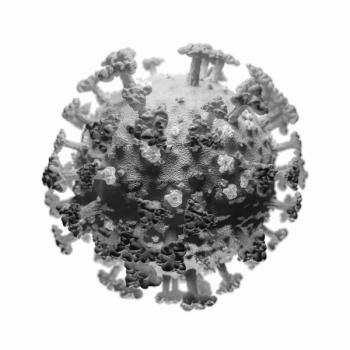
Reduced T cell count in patients with coronavirus could be as important an indicator for urgent intervention as reduced respiratory function.

A new study argues artificial intelligence will be a key tool in helping to evaluate the new barrage of new scientific research.
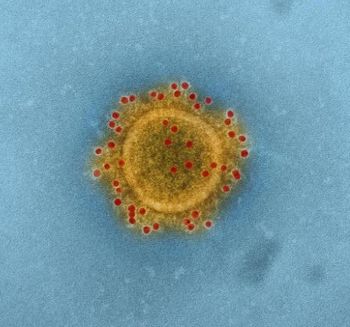
The 15 diagnostic guidelines weigh the currently accepted definition of coronavirus, and consider the prevalence of regional cases in at-risk patients.

Managing editor Kevin Kunzmann provides a summary of our daily COVID-19 coverage.

New data from a New York City-based hospital shows patients on blood thinners had a lower mortality risk due to COVID-19.

Findings of BMC Public Health analysis suggest cost-cutting measures may delay diagnosis and treatment.

Until this week, French public health officials had believed coronavirus disease 2019 (COVID-19) had arrived in the country in January. A new study suggests it happened at least a month earlier.

Device-related pressure injuries, moisture-associated skin damage, and skin tears were all common among Chinese clinicians treating the coronavirus.

A daily summary of our COVID-19 coverage.
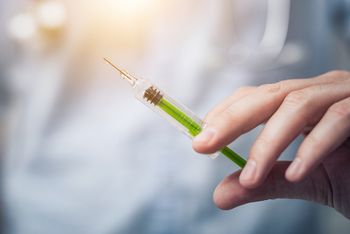
A quartet of candidates will be simultaneously assessed in younger and older healthy adult patient groups in the phase 1/2 trials.

The wearable technology is now authorized to monitor patients for changes in QT interval. Investigational drugs being administered to COVID-19 patients, such as chloroquine and hydroxychloroquine, can cause prolongation of QT intervals and life-threatening arrhythmias.

Michael B. Edmond, MD, MPH, MPA, MBA, explains his hypothesis that universally adopting face shields could help cut the transmissibility of COVID-19.
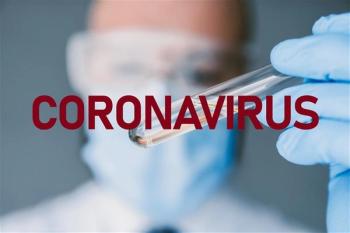
Virologists have taken marketed drugs from in-vitro screening for potential to repurpose for SARS-CoV-2 to in-vivo results in animal model.

Even after putting public health policies in place, the state reached 2600 nursing home cases before the end of April.

A team of investigators lay out 3 scenarios for the global pandemic duration—based on previous pandemic learning and public health adherence.

Cornelius J. Clancy, MD, discusses navigating partial trial information and the need for coherent national coordination on the COVID-19 response.
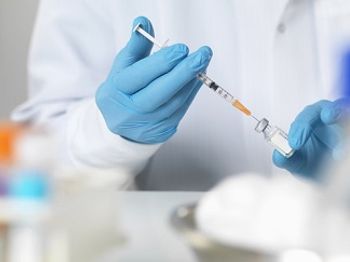
Midway through the pandemic outbreak, investigators attempts to highlight some of the strongest candidates to fight the disease.

The test reports ≥99.8% specificity and 100% sensitivity at 14 days post-PCR confirmation, and could potentially better inform patient immunity and disease pathology.

Commentary outlines “best practices” for studies looking into possible treatments, vaccine.

Contagion Editor in Chief Jason Gallagher, PharmD, discusses the new authorization for the controversial antiviral therapy.

The decision comes shortly after conflicting human trial results assessing the intravenous antiviral drug.

A brief summary of our daily COVID-19 coverage.

Stay up-to-date on the latest infectious disease news by checking out our top 5 articles of the week.

In a study of patients in China, investigators found most men were more likely than women to have severe cases of COVID-19, and more likely to die from the disease.